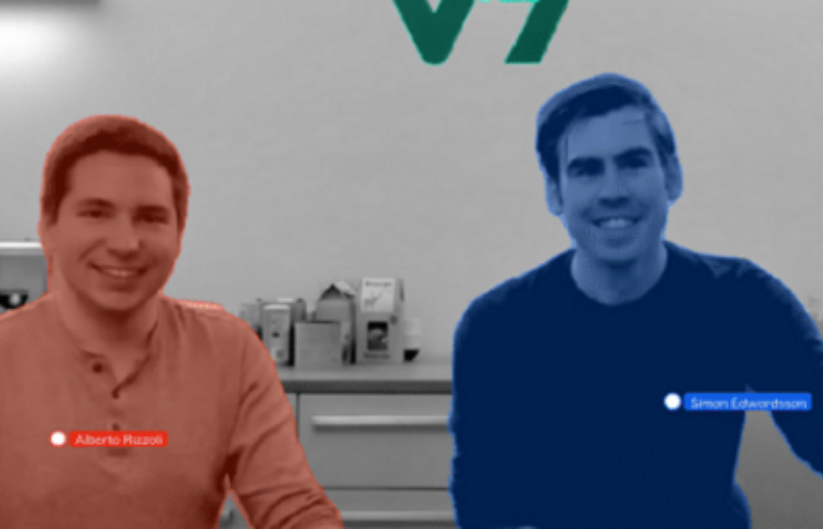Explore how V7 Labs, the computer vision platform, secured $3 million in funding to revolutionize AI training data workflows.
V7 Labs, a leading computer vision platform with a clientele including Tractable, GE Healthcare, and Merck, has successfully closed a $3 million Seed round. The investment was led by Amadeus Capital Partners, accompanied by participation from Partech, Air Street Capital, and Miele Venture.
Founded in 2018 by Alberto Rizzoli and Simon Edwardsson, V7 Labs’s platform is set to transform the creation of high-quality training data, boasting acceleration rates of 10-100 times. The platform empowers users to establish automated image and video data pipelines, efficiently organize and version complex datasets, and train and deploy cutting-edge vision AI models, all while managing their lifecycle in production.
The ML-Ops (Machine Learning Operations) Opportunity
With AI becoming ubiquitous across industries, the need for continuous collection, organization, and labeling of image data has become paramount. V7 Labs is positioned as a solution for AI companies, offering a single SaaS platform that encapsulates best practices for dataset organization, autonomous labeling, and AI model monitoring.
Automating Annotation with Auto-Annotate
V7 Labs introduces Auto-Annotate, a powerful capability capable of segmenting any object into an AI-learnable annotation. Trained on over 10 million images, Auto-Annotate excels in accuracy, making it a versatile tool for various applications, from medical imaging to satellite imagery and more.
Dataset Inspection and Project Management
V7 Labs addresses the unseen need for dataset inspection and project management in the AI realm. ML teams can efficiently search through million-image datasets, visualize labels, and version datasets to exclude potentially biasing samples. The platform supports customizable annotation flows, seamlessly integrating human-driven and AI-driven processes.
AI Model Management and Future Developments
V7 Labs introduces a new paradigm for training AI models, allowing teams to continually learn from new data and understand why an AI might fail. The platform facilitates the training and deployment of deep learning models in the cloud on managed GPU servers, eliminating the need for extensive dev-ops work.
The Name “V7”
The name “V7” is derived from the areas of the visual cortex, aiming to create a hypothetical 7th area dedicated to machines, sparking a burst of evolutionary capabilities akin to the Cambrian explosion when life began to see.
Source – Cambridge Network
For more content from Faraday Partners, follow us on LinkedIn.




